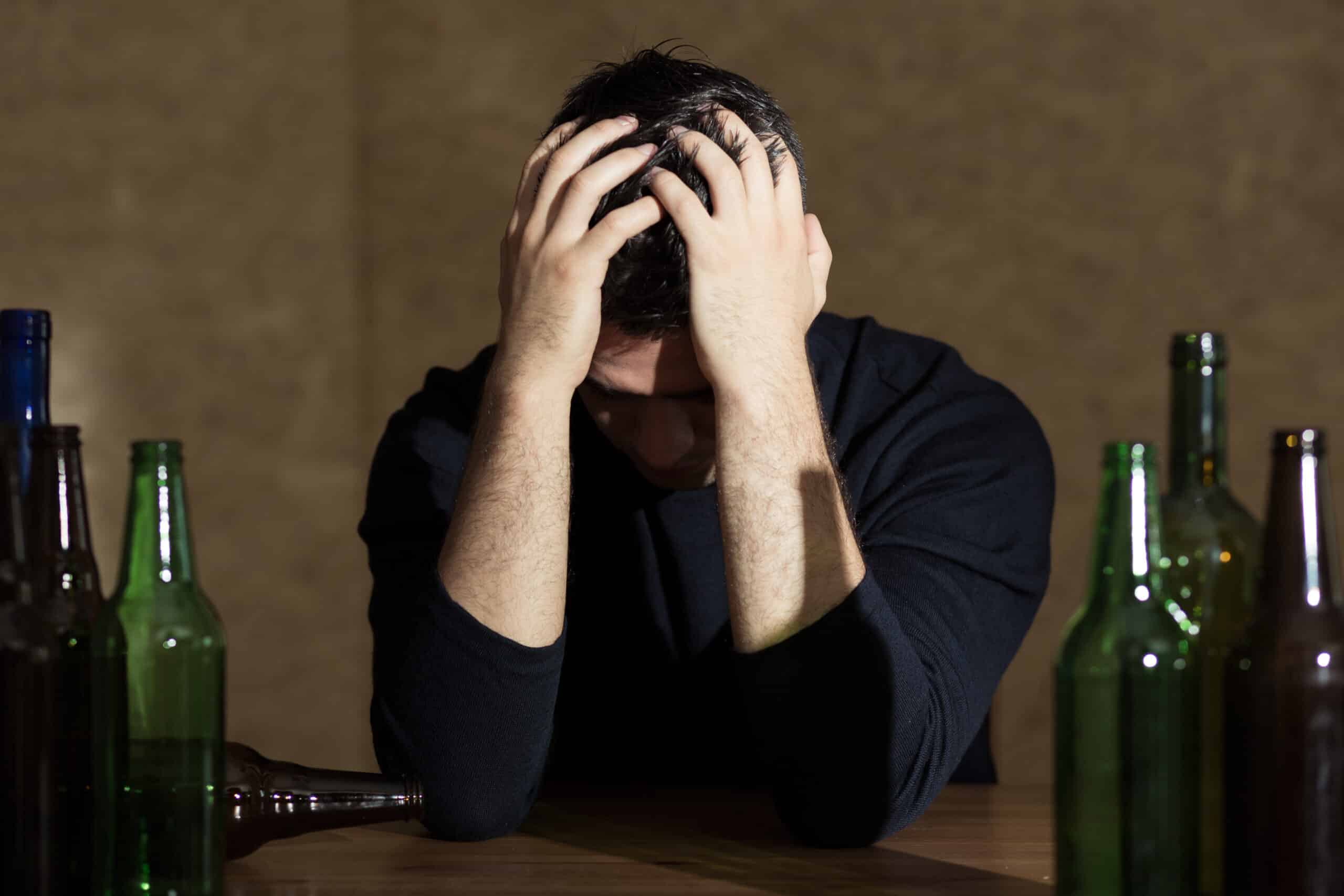How Alcoholism is Linked to Depression
It’s likely that you have heard of alcohol referred to as a depressant, a substance that reduces the activity of neurotransmitters in the brain. You’ve also likely heard stories about people who became alcoholics because drinking seemed like a solution to their feelings of depression. But how many understand the link between alcohol and the ongoing experience of depression?
Research shows that the majority of those experiencing depression are more likely to experience ongoing substance abuse as well, especially alcohol abuse. This is because individuals may use alcohol to help as a coping mechanism for stress. However, their increased consumption of alcohol results in an increased experience of depression.
But while alcoholism can lead to a potentially fatal loss of mental function, does alcoholism really cause depression? Since alcohol changes the chemicals in the brain, a person’s thoughts and behaviors are directly affected. One example includes a reduction in a portion of the brain known as the hippocampus, the part of the brain that helps regulate emotions.
1 in 4 people who experience either alcoholism or depression will experience them together as co-occurring disorders. Multiple studies indicate that when alcohol consumption is increased, depression increases. The same is often true of the reverse. This affects one’s ability to combat both depression that may already be present as well as the sedative and rewarding effects of alcohol consumption. If left unchecked, this can lead to devastating long-term effects, including an increased risk of cancer and major organ damage.
Connecting the Dots With Vitamin D
It’s relatively common knowledge that Vitamin D helps support strong bones, but this vitamin also supports brain activity as well as cognitive health. In 2014, a study demonstrated that Vitamin D activates the production of serotonin, the key hormone that stabilizes mood. But while Vitamin D is vital for combating depression, patterns of excessive drinking cause a deficiency in Vitamin D. This explains why alcoholism and depression are so closely connected.
In anticipation of winter, one related issue that comes up during this time of year is seasonal affective disorder, or SAD. This chemical imbalance is a result of what happens when people lose their most abundant natural source of vitamin D: sunlight. As the winter months bring shorter days as well as colder temperatures, causing people to be deterred from going outside. This can result in a deficient supply of serotonin which leads to depression, alcoholism, or both.
Nature as a Supplement
So how should we respond to this connection between depression, alcoholism, and vitamin D? There are good reasons to consider a vitamin D supplement or spend more time outdoors. However, these options are not enough, especially without addressing the root issue.
The cycle that exists between alcoholism and depression is too dangerous to rely on just supplements and sunlight. In fact, excessive sunlight is actually a dangerous combination with alcoholism, which can result in heat exhaustion or stroke. If you or someone you know is caught in depression and alcoholism, it’s important to find the care and support needed to treat both issues simultaneously.




